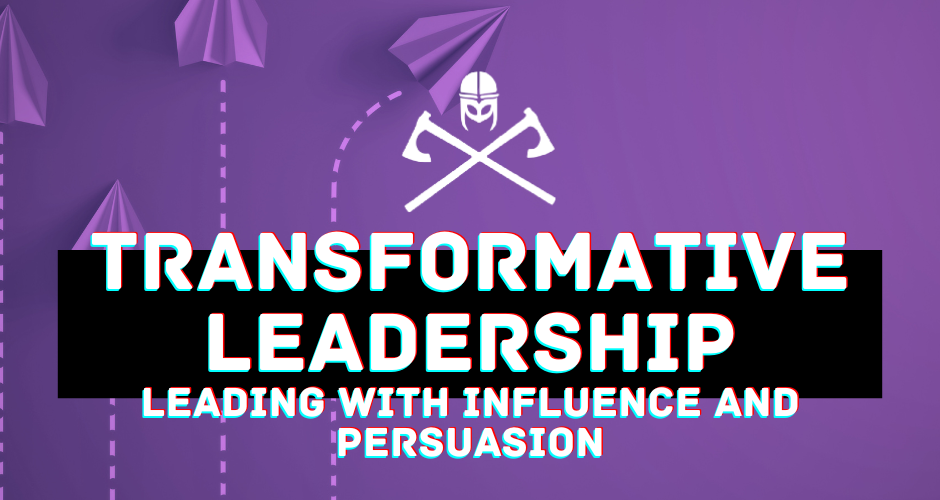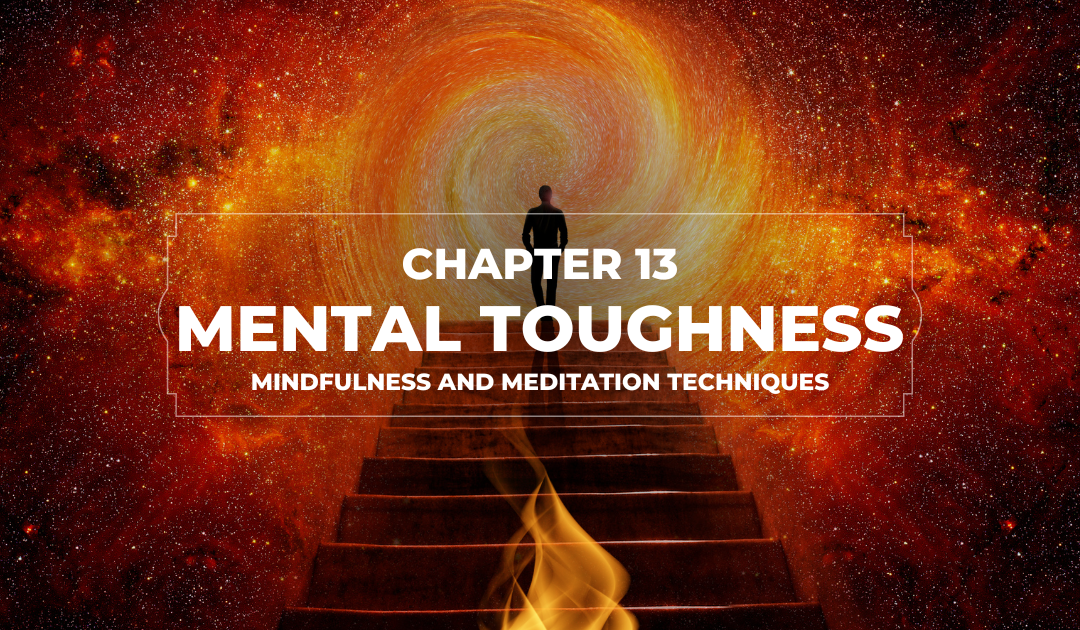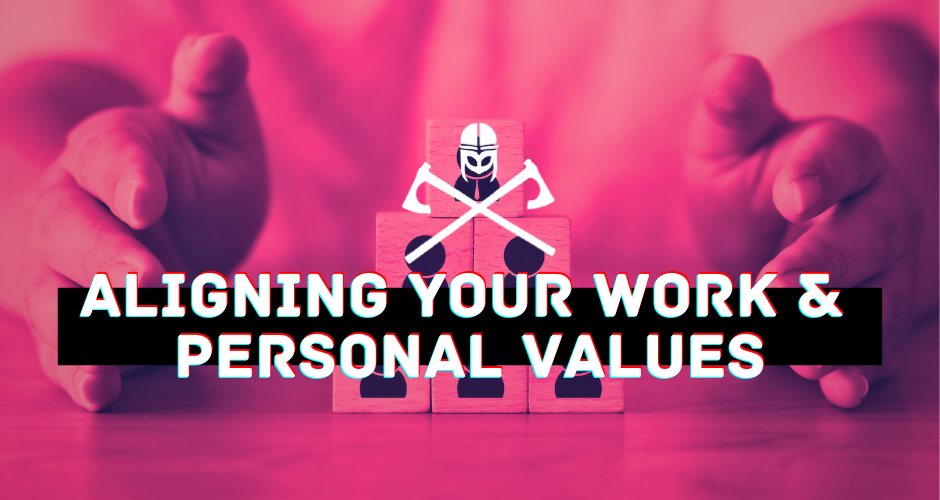
by Gene Crawford | Jan 27, 2025 | Podcast
What if leadership was more about influence than authority? Discover how embracing a team mindset can transform your approach to management in our latest episode of the Warrior Mindset Podcast. We unravel the subtle art of leading with persuasion, shifting from a traditional hierarchy to a culture of collaboration and shared goals. Hear personal stories about integrating new team members and inspiring a team even when outcomes are uncertain. Leadership isn’t just about steering the ship; it’s about inspiring the crew to sail with you.
The nuances of communication, especially in our increasingly digital world, take center stage as we discuss overcoming the inherent challenges of text-based interactions. Miscommunication can be a silent saboteur in any organization, but with the right strategies, it can be mitigated. Learn how setting clear intentions can create alignment and clarity, transforming meetings from chaotic to cohesive. We’ll share insights on how simple adjustments, like asking the right questions, can lead to profound revelations and foster deeper connections among team members.
Stories are powerful tools, and we explore their impact in leadership and beyond. Through relatable anecdotes, we highlight the importance of storytelling in building influence and strengthening relationships. Discover how small wins in marketing and sales can lead to significant successes, and why patience and persistence are your allies on the path to personal and professional growth. Whether it’s drawing lessons from military leadership or sharing personal experiences of failure, this episode is packed with practical advice to enhance your leadership journey through understanding, preparation, and shared values.
(more…)

by Gene Crawford | Jan 24, 2025 | Blog
In this chapter, we will explore the benefits of mindfulness and meditation, and how they relate to mental toughness. We will discuss the impact of stress on mental health, and provide practical tools and techniques for practicing mindfulness and meditation.
Mindfulness and meditation are powerful tools for developing mental toughness, managing stress, and improving overall well-being. Mindfulness involves being present and fully engaged in the present moment, while meditation involves focusing one’s attention and clearing the mind. In this chapter, we will explore the benefits of mindfulness and meditation, and how they relate to mental toughness. We will discuss the impact of stress on mental health and provide practical tools and techniques for practicing mindfulness and meditation.
Stress can significantly impact an individual’s mental health, leading to anxiety, depression, and other mental health issues. Mindfulness and meditation can help manage stress and promote better mental and emotional well-being.
Here are some practical tips for practicing mindfulness and meditation:
Set aside time for practice: Schedule regular time for mindfulness and meditation practice, such as first thing in the morning or before bed.
Find a quiet, comfortable space: Choose a quiet, comfortable space where you can practice mindfulness and meditation without distraction.
Focus on your breath: Focus on your breath and pay attention to the sensations in your body.
Notice your thoughts: Notice your thoughts without judgment and let them pass without attachment.
Use guided meditations: Use guided meditations, such as apps or videos, to help you get started and stay focused.
By implementing these tips and techniques, individuals can practice mindfulness and meditation and improve mental and emotional well-being. With intentional effort and practice, anyone can learn to practice mindfulness and meditation and develop the skills needed to manage stress and promote mental toughness.
Mindfulness and meditation are powerful tools for developing mental toughness, managing stress, and improving overall well-being. By setting aside time for practice, finding a quiet space, focusing on the breath, noticing thoughts without judgment, and using guided meditations, individuals can practice mindfulness and meditation and promote better mental and emotional health.

by Gene Crawford | Jan 20, 2025 | Podcast
Has CrossFit evolved from a brand into a genre redefining fitness? On this Debrief Episode of the Podcast, we explore this transformation via a post from Stu Stuart Brower of WTF Gym Talk, discussing the rise of non-branded functional fitness gyms, the challenges of quality coaching, and the value of experience over certifications. We also tackle fitness trends like Ozempic’s controversial use for weight loss and F45’s move to integrate weight loss drugs, raising questions about industry ethics and sustainability. Finally, we dive into combat dynamics, hero worship, and personal encounters with icons, encouraging reflection on lessons from public figures.
(more…)

by Gene Crawford | Jan 13, 2025 | Podcast
Join Greg and I as we discuss the intertwined journey of life, business, and personal growth. We share lessons learned about taking responsibility for our choices, focusing on what we can control, and maintaining emotional balance—especially in challenging client interactions. Reflecting on early setbacks, we discuss the value of time as a finite resource, the importance of aligning work with personal values, and setting boundaries around less fulfilling commitments. Through stories of resilience, consistency, and integrity, we highlight the parallels between martial arts, entrepreneurship, and life, encouraging growth through presence, reflection, and intentional action.
(more…)

by Gene Crawford | Jan 6, 2025 | Podcast
Heather’s inspiring journey from a political newcomer to a 2x re-elected State House representative takes center stage in our latest episode. Hear firsthand how Heather’s perseverance and integrity have shaped her political career, offering valuable lessons on maintaining authenticity in a world often dominated by negativity. You’ll come away with insights into Heather’s unique campaign strategies that focused on accomplishments and future plans, proving that staying true to one’s principles can indeed pave the way to electoral success.
Our conversation also navigates the complex waters of maintaining genuine relationships in the digital age and the critical role of persistence. In a political landscape where perceptions can be as fleeting as a tweet, Heather shares her experience of building a reliable support system that stands through trials and triumphs alike. We tackle the pressing issues of public perception and the ever-present challenge of communicating intricate topics succinctly, reinforcing the idea that resilience often stems from embracing failures as opportunities to grow.
Reflecting on personal growth and resilience, Heather opens up about the transformative power of martial arts in her decision-making process, acting as a guide for justice and integrity. The discussion extends beyond politics, touching on the universal truths of overcoming setbacks and the strength found in sincere apologies. This episode promises to inspire with stories of personal evolution, highlighting the importance of self-reflection and the courage to navigate life’s complexities with honesty and humility.
(more…)





